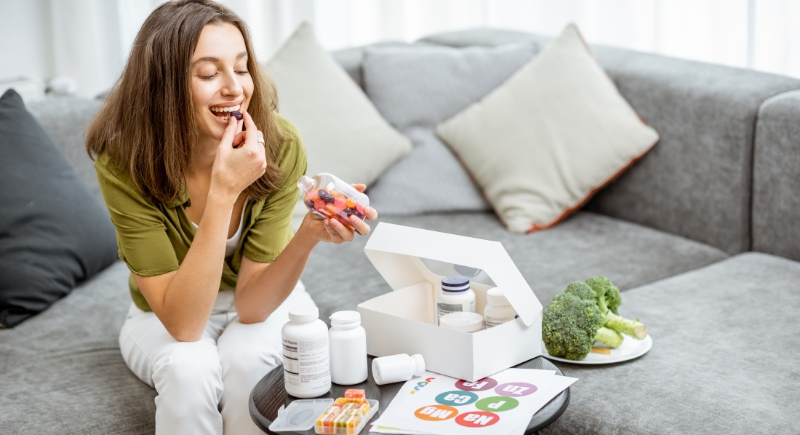A New Study Compares How Gen Z and Boomers Handle Being Sick
The cold and flu season is here. Getting sick has always been a shared human experience, but how people deal with it says more than you might expect. A new study has put Gen Z and Baby Boomers side by side to see how each handles this, and it’s interesting what the data actually shows about habits, choices, and recovery. The findings point to a clear split, and it is not the one many people expect.
Self-Care Versus Soldiering On

Image via Getty Images/Geber86
Baby Boomers believe catching a cold is rarely an excuse to slow down. The “keep calm and carry on” mindset runs deep. Only about 30 percent of Boomers say they would feel comfortable taking time off work when they’re sick. Many still rely on familiar remedies and push through their day despite fatigue, sniffles, and the occasional cough. For them, responsibility and resilience usually outweigh the need for rest.
Gen Z approaches illness differently. More than half of adults aged 18 to 28 say they have no issue taking a sick day to rest and recharge. They focus on comfort by curling up with a blanket and a show, taking a hot bath, or catching up on sleep. Around 83 percent believe slowing down helps them recover faster. This generation treats self-care as part of getting better rather than something extra.
Changing Attitudes About Sick Days
The study, commissioned by Olbas and involving 2,000 adults, shows a wider cultural change in how people think about health and productivity. Nearly half of Boomers admit they feel guilty taking time off, and almost a quarter worry their boss would judge them for it. That guilt doesn’t seem to affect Gen Z as much, who value mental and physical well-being equally.
Experts say this change reflects how attitudes have evolved over recent years of global health awareness. Dr. Roger Henderson, an NHS GP, noted that families are now embracing a softer approach to recovery by focusing on rest, hydration, and calm activities to support both body and mind. Small rituals such as steam inhalation, natural decongestants, warm baths, or propping up pillows can ease symptoms and bring comfort.
A Redefined Meaning of Self-Care

Image via Getty Images/Ross Helen
Gen Z’s approach centers on prevention as much as recovery. They view rest and self-care as essential to long-term health. This includes stepping back from social events, workouts, and chores to let the body recover properly. Millennials tend to share this attitude, while Gen X and Boomers still lean toward “powering through.”
About one-third of all adults believe attitudes will continue to change. Four in ten expect workplaces to become more flexible with remote work and adaptable hours for employees who feel unwell. Offices could soon see fewer people coughing at their desks and more staying home to recover.
The New Normal of Recovery
Resting, eating well, and looking after mental health are now being recognized as vital parts of recovery. Rachel Ramsden, spokesperson for Olbas, said self-care has become a necessity. With another cold and flu season underway, both generations could learn something from each other: Boomers about slowing down and Gen Z about consistency and balance. Being sick may be something everyone faces, but how each generation responds reveals what they value most.